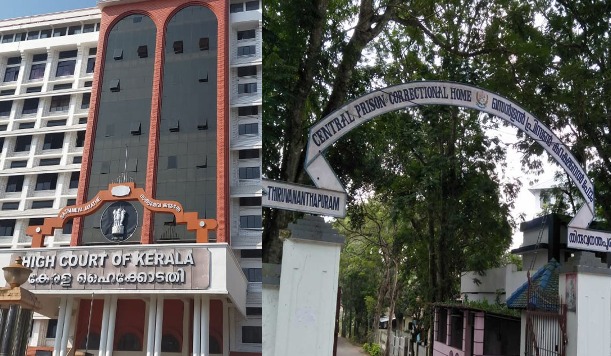
The Kerala High Court recently held that if a convict meets the statutory requirements for being granted leave from prison, the discretion to grant leave must be exercised in their favour.
Allowing a convict to leave prison for a set period of time is referred to as granting leave.
According to a single bench of Justice Bechu Kurian Thomas,an eligible convict is entitled to be granted leave for 60 days in a year as per Rule 397 of the Rules read with section 78 of the Kerala Prisons and Correctional Services (Management) Act, 2010 (Kerala Prison Act).
The Court ruled that if convicts meet the requirements for being granted leave, the authority in question must exercise its discretion in their favor as a matter of right.
It went on to say that an authority’s discretion to grant leave cannot be arbitrary, fanciful, or vague, but must be legal and regular, and must be exercised within the legal limits.
It also stated that the court will not stand by and will assist when the rights of its citizens, including those of a convict, are violated in extraordinary circumstances.
The decision was made on two petitions concerning the grant of ordinary leave to a convict in the Central Prison in Thiruvananthapuram.
One petition was filed by the convict himself, and the other by the convict’s brother.
The petitioners claimed that the Jail Superintendent refused to grant him leave after another convict was charged with purposefully injuring him in an incident on February 11.
It was claimed that until the other convict’s crime was registered, there was no negative report or remark made about the petitioner.
It was also claimed that on the day the Court ordered the Jail Superintendent to file a counter-affidavit in this case, he cancelled the petitioner’s 30-day remission.
The Court noted that the petitioner had been granted leave on a regular basis since 2015, with no complaints, and that the only two negative incidents against him were those raised by the Jail Superintendent in February.
In the aforementioned two incidents, the Court noted that the petitioner was not given an opportunity to explain and that his statutory rights under Section 83 of the Kerala Prison Act had been violated.
In this case, because the petitioner had not previously approached the appropriate authority, the Court stated that it could not issue a writ of mandamus.
However, having determined that there was an attempt to purposefully deny the petitioner leave by using unfair procedures, the Court ruled that he cannot be denied ordinary leave if he applies for it.




